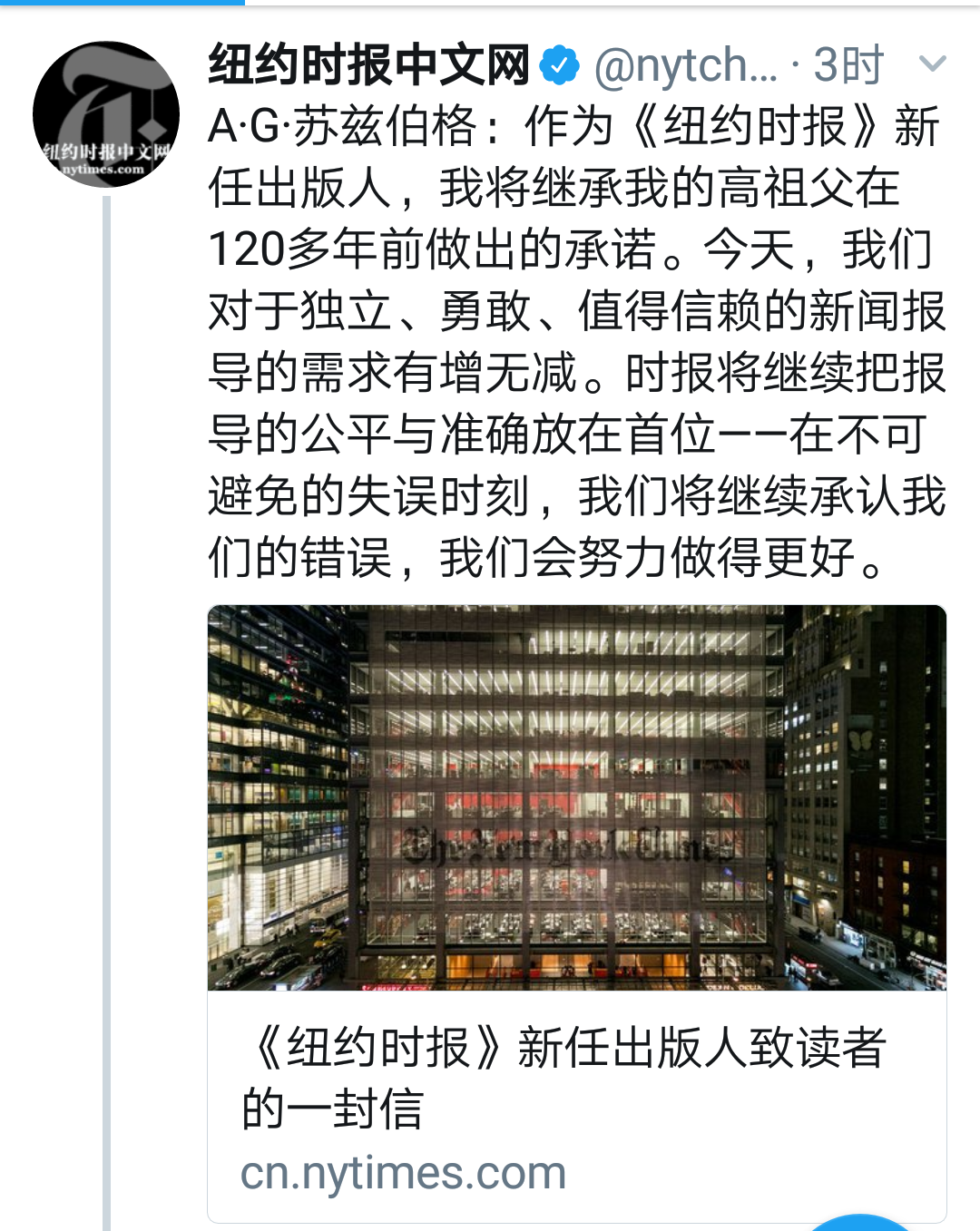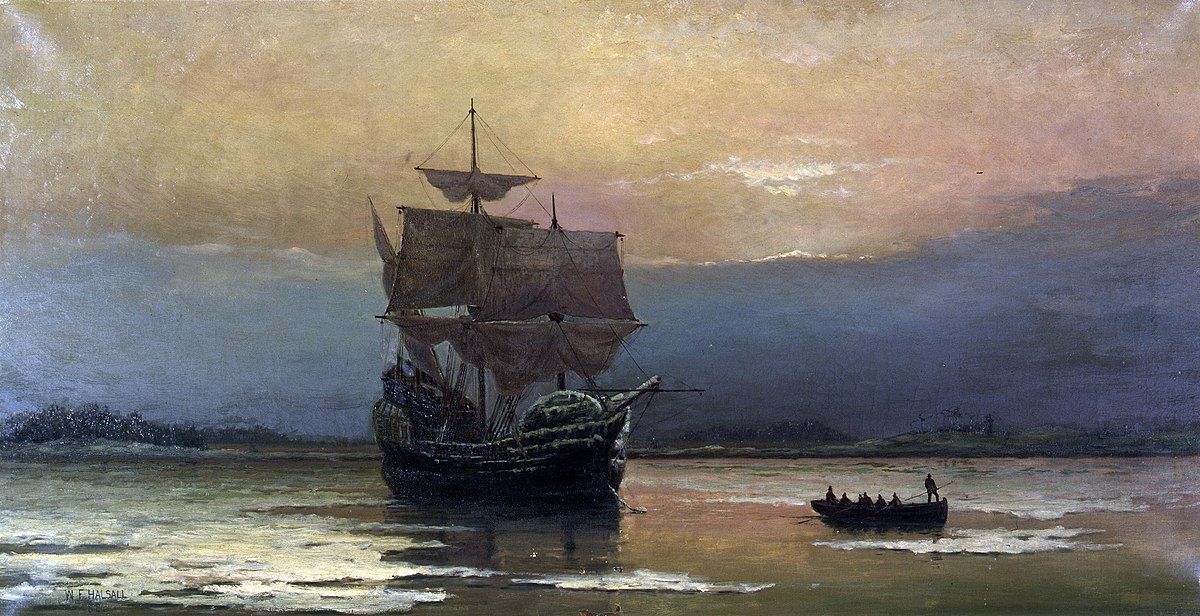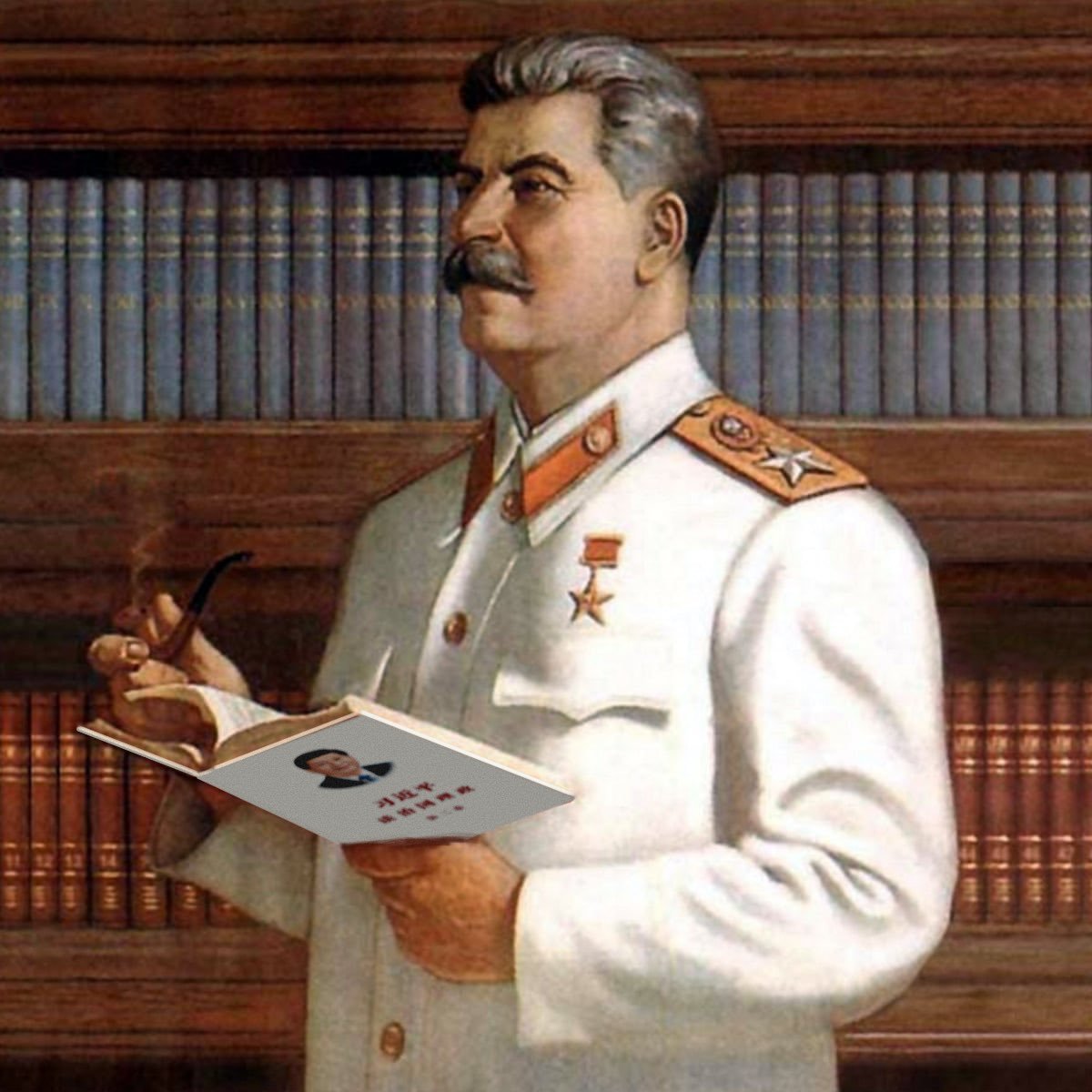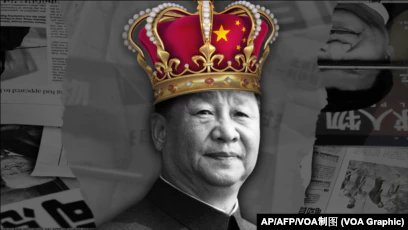In 1896 my great-great-grandfather left his hometown, Chattanooga, and traveled north to purchase a small, fading newspaper in New York.
我的高祖父在1896年离开家乡查塔努加,北上纽约,收购了一份规模很小、每况愈下的报纸。
The moment was not unlike our own. Technological, economic and social turmoil were upending the traditions of the country. People trying to understand these changes and their implications found themselves confused by polarized politics and by a partisan press more focused on advancing its own interests than on informing the public.
那个时代和我们如今所处的时代颇为相似。技术、经济与社会动荡正在颠覆这个国家的传统。人们试图理解这些变化以及其中的含义,然而政治日益两极分化,带有党派偏见的媒体忙于促进自身利益,而不是把信息告知公众,这一切都令他们感到困惑。
Against this backdrop Adolph Ochs saw the need for a different kind of newspaper, and he committed The New York Times to the then-radical idea that still animates it today. He vowed that The Times would be fiercely independent, dedicated to journalism of the highest integrity and devoted to the public welfare.
在这样的背景下,阿道夫·奥克斯(Adolph Ochs)认为有必要推出另一种报纸,他用于指导《纽约时报》的想法在当时非常激进,时至今日依然充满活力。他发誓《纽约时报》将保持高度独立自主,以至高诚信投入新闻工作,并致力于公益事业。
His vision for the news report:
他对新闻报道的看法是:
“to give the news impartially, without fear or favor, regardless of party, sect, or interests involved.”
“公正地报道新闻,毫不畏惧,亦不偏袒,无论涉及任何政党、派别或利益。”
His vision for the opinion report:
他对观点报道的看法是:
“to invite intelligent discussion from all shades of opinion.”
“让来自不同角度与层次的各种意见展开充满智慧的讨论。”
This mission feels particularly urgent to me today as I begin my work as publisher of The New York Times. Our society is again being reshaped by political, technological and environmental forces that demand deep scrutiny and careful explanation. More than 120 years after Adolph Ochs’s vision was printed in these pages, the need for independent, courageous, trustworthy journalism is as great as it’s ever been.
如今,我成了《纽约时报》出版人,对我来说,这个使命仿佛尤为紧迫。我们的社会再次受到政治、技术与环境力量的重塑,需要深入的审视与细致的阐释。阿道夫·奥克斯的愿景出现在这份报纸的版面上,已经是120多年的事,然而对于独立、勇敢、值得信赖的新闻报道的需求有增无减。
This is a period of exciting innovation and growth at The Times. Our report is stronger than ever, thanks to investments in new forms of journalism like interactive graphics, podcasting and digital video and even greater spending in areas like investigative, international and beat reporting. Our audience, once confined to a single city, now stretches around the globe.
对于时报来说,这是一个创新与发展的时期,非常激动人心。我们的报道比以往任何时候都更为有力,这要归功于对互动图像、播客和数字视频等新型新闻的投资,以及在调查报道、国际报道和独家报道等领域内的更大投入。我们的受众曾经仅限于一个城市,如今早已遍布全球。
This is also, of course, a period of profound challenge for The Times, for the news media more broadly, and for everyone who believes that journalism sustains a healthy society.
当然,对于时报,乃至更广义的新闻媒体,以及所有相信新闻业有助于维持一个健康社会的人们来说,这也是一个充满深刻挑战的时代。
There was a reason freedom of speech and freedom of the press were placed first among our essential rights. Our founders understood that the free exchange of ideas and the ability to hold power to account were prerequisites for a successful democracy. But a dangerous confluence of forces is threatening the press’s central role in helping people understand and engage with the world around them.
言论自由和新闻自由在我们的基本权利中处于第一位,这是有充分理由的。我们的建国者明白,自由交流意见,以及对权力问责的能力是成功民主的先决条件。但是,种种力量正在汇成危险的洪流,威胁着媒体帮助人们理解并参与周围世界这一核心作用。
The business model that long supported the hard and expensive work of original reporting is eroding, forcing news organizations of all shapes and sizes to cut their reporting staffs and scale back their ambitions. Misinformation is rising and trust in the media is declining as technology platforms elevate clickbait, rumor and propaganda over real journalism, and politicians jockey for advantage by inflaming suspicion of the press. Growing polarization is jeopardizing even the foundational assumption of common truths, the stuff that binds a society together.
原创新闻报道是一项艰巨而又昂贵的工作,长期以来支持它的商业模式正遭到削弱,迫使各种形式与规模的新闻机构削减报道人员,也收缩自己的雄心。随着技术平台助长骗取点击率的标题、谣言与政治宣传而非真正的新闻,以及政客靠煽动人们对媒体的怀疑从中渔利,错误信息日益增加,人们对媒体的信任也在下降。社会的两极分化日益发展,甚至会破坏普遍真理的基本前提,正是这些真理将一个社会维系在一起。
Like our predecessors at The Times, my colleagues and I will not give in to these forces.
就像时报的诸位前辈一样,我和我的同事们也不会屈服于这些力量。
The Times will continue to search for the most important stories of our era with curiosity, courage and empathy — because we believe that improving the world starts with understanding it. The Times will continue to resist polarization and groupthink by giving voice to the breadth of ideas and experiences — because we believe journalism should help people think for themselves. The Times will hold itself to the highest standards of independence, rigor and fairness — because we believe trust is the most precious asset we have. The Times will do all of this without fear or favor — because we believe truth should be pursued wherever it leads.
时报将继续秉持好奇心、勇气与同情心,去寻找我们这个时代最重要的故事——因为我们相信,改善世界是从理解世界开始的。时报将继续基于多种思想与体验发声,以此抵制两极分化和群体思想——因为我们相信,新闻应该帮助人们独立思考。时报将继续坚持独立、严谨和公平的最高标准——因为我们相信,信任是我们最宝贵的资产。在进行所有这些工作的时候,时报仍将毫不畏惧,亦不偏袒——因为我们相信,无论何处,都应当有人追求真相。
这些价值观指导了我的父亲以及他的前任出版人们,他们领导这家公司走过战争、经济危机、技术变革与重大社会转变。这些相同的价值观支持着他们挺身对抗历任总统;在法庭上为争取新闻自由权利而斗争;并把对我们新闻原则的支持置于公司的财务利益之上。
The challenge before me is to ensure The Times safeguards those values while embracing the imperative to adapt to a changing world. I’ve spent most of my career as a newspaper reporter, but I’ve also been a champion of The Times’s digital evolution. I’m protective of our best traditions, and I look to the future with excitement and optimism.
我所面对的挑战是确保时报继续捍卫这些价值观,同时面对适应世界变化这个当务之急。我的职业生涯大部分时间都是报纸记者,但我也是时报数字化进程的拥趸。我悉心保护我们最好的传统,亦以激动和乐观的态度展望未来。
Much will change in the years ahead, and I believe those changes will lead to a report that is richer and more vibrant than anything we could have dreamed up in ink and paper. What won’t change: We will continue to give reporters the resources to dig into a single story for months at a time. We will continue to support reporters in every corner of the world as they bear witness to unfolding events, sometimes at great personal risk. We will continue to infuse our journalism with expertise by having lawyers cover law, doctors cover health and veterans cover war. We will continue to search for the most compelling ways to tell stories, from prose to virtual reality to whatever comes next. We will continue to put the fairness and accuracy of everything we publish above all else — and in the inevitable moments we fall short, we will continue to own up to our mistakes, and we’ll strive to do better.
今后几年间会发生很大的变化,我相信,这些变化将会带来更丰富、更精彩的报道,远远超乎我们在油墨与纸张时代的任何想象。不变的是:我们将继续为记者提供资源,让他们可以花费数月时间挖掘一个故事;我们将继续为世界各地的记者提供支持,他们见证了重大事件的发展,有时还要面临巨大的人身风险;我们将继续把专业知识注入新闻,让律师来报道法律,让医生来报道医疗健康,让老兵来报道战争;我们将继续寻找最有说服力的方式来讲述故事,从散文到虚拟现实,再到接下来可能出现的任何形式;我们将继续把报道的公平与准确放在首位——在不可避免的失误时刻,我们将继续承认我们的错误,我们会努力做得更好。
We believe this is the journalism our world needs and our readers deserve. That has been the guiding vision for The New York Times across five generations and more than 120 years. Today we renew that commitment.
我们相信,这就是世界所需要的新闻,也是我们的读者理应得到的。这是《纽约时报》五代报人120多年来一贯的指导愿景。今天,我们重申这一承诺。

Arthur Sulzberger Jr., the current publisher of The New York Times, and his son, Arthur Gregg Sulzberger, who will assume the job on Jan. 1. Credit Damon Winter/The New York Times
A.G. Sulzberger
《纽约时报》出版人
PUBLISHER
A·G·苏兹伯格(A.G. Sulzberger)
(版权声明:以上内容和图片的版权均为纽约时报所有,仅为个人使用之目的下载或者复制,除个人用途外,须取得纽约时报的书面授权。)
在加拿大或是美国,很多家庭的生意,比如我遇到过的琴行、修车行、银行、咨询公司、教育机构、餐馆等等,能跨越经济周期,延续60年、100年甚至200年以上,有的会保持既定的规模,足够养活一家人和雇佣的员工,有的则长成参天大树。这是一个很有意思的话题,以后我会专门说说我对这种经济模式的认知和理解。










